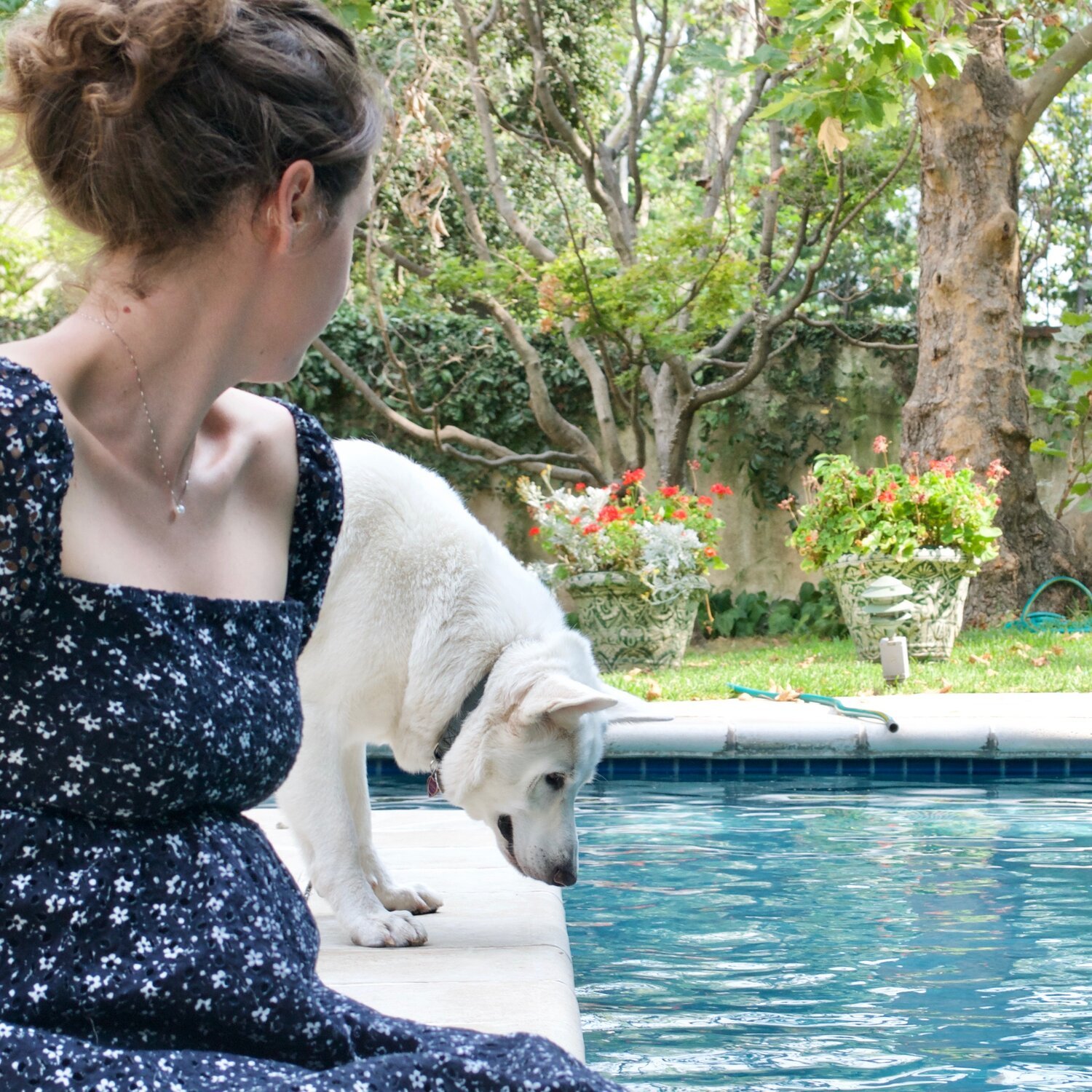What to do instead of (only) worrying
I have a brain that tends to think about what can go wrong. Maybe you do, too.
Today, I wanted to share a strategy (which I first learned about here) that has made a huge difference for me.
Here it is:
When you notice yourself focused on what could go wrong, practice giving equal brain space to what could go right.
Here are some examples from my own life:
When I think: What if my mom dies soon and I miss her so much and can’t call her and chat about the most banal things and also important things?
I try to also think: Or, what if she lives for many years and we have so many lovely moments of connection together — and even after she’s gone, I have so many wonderful memories of her.
…
When I think: What if my husband dies and I am so lonely without him?
I try to also think: Or, what if he lives as long as I do, and we have such a meaningful, satisfying relationship. We cuddle lots, we talk about deep things, and I get to watch him grow and he watches me be the person I yearn to be.
…
Or, here’s another one for me, lately — we’re just about to do some renovations on our home.
When I think: What if our renovation goes terribly? It’s way more expensive than it seems, and it’s totally not worth it, and I just wasted all of this money, and I’ll really miss that money when it’s gone.
I try to also think: What if it’s one of the best things I’ve ever spent money on? What if it lets us enjoy our beautiful lives, the amazing California weather, and our experience as a family in our home, so much more deeply? What if I absolutely *love* it?
…
What I love about this strategy is that it doesn’t require us to only focus on the positive, or pretend that the world is only rainbows-and-rainbow-unicorns.
It simply says: the narrative you’re telling is overly — even unrealistically — negative. The negative thing isn’t the only thing that could happen; it’s just one, negative point on a whole spectrum of possibilities.
For me, training my brain to remember that things could also go right — truly, training my brain to tell a balanced narrative — has made an enormous difference.
As always, I’m rooting for you. You’ve got this.
Katie
Sign up for my newsletter to get helpful + encouraging essays like this every Sunday morning. It’s free!

